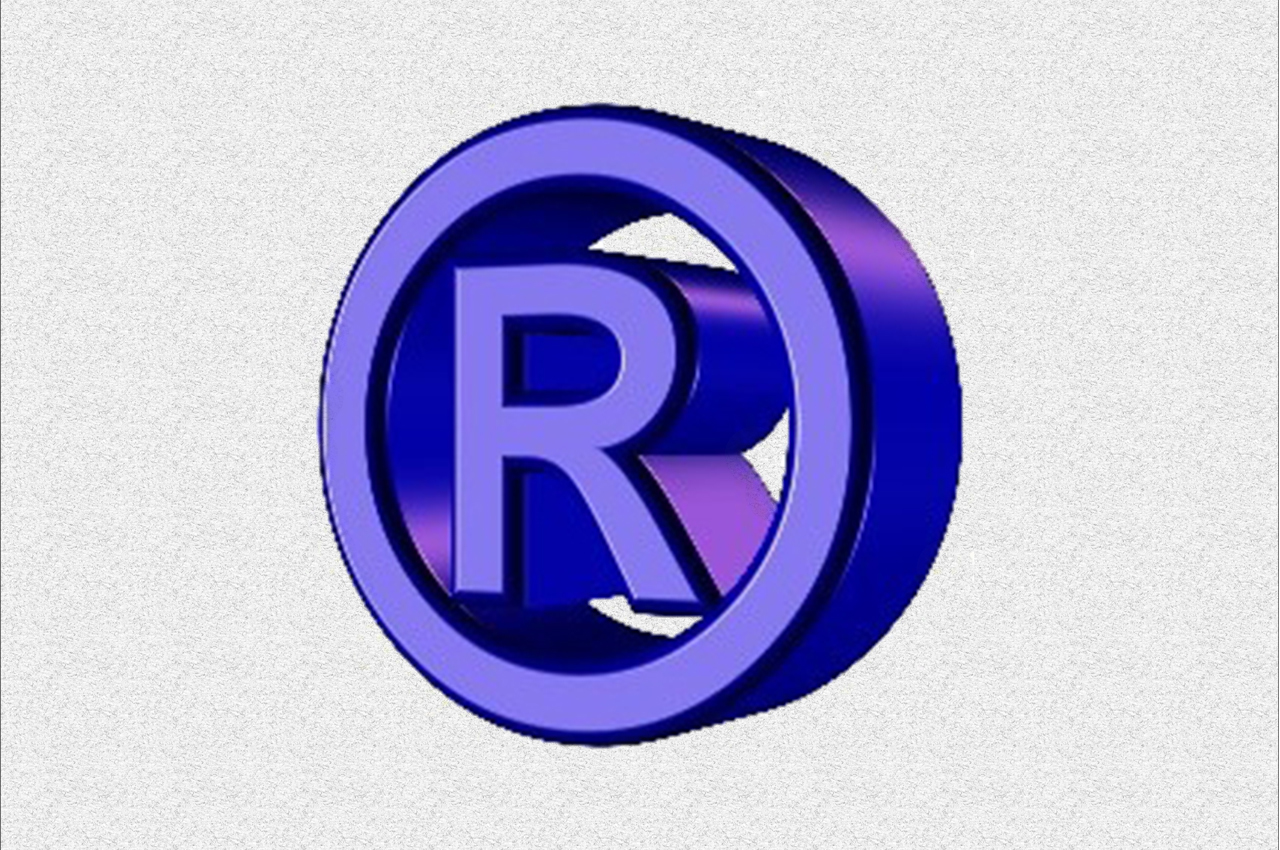Resources
Trademarkology
U.S. Customs Bags Nearly 200 Birkin Handbags
US Customs and Border Protection authorities recently seized nearly 200 counterfeit Luxury Hermès Birkin handbags during a raid in Georgia. These highly coveted bags would be worth an estimated $2 million on the open market.

This is CBP’s third large raid of counterfeit goods this year. Early last year, CBP seized over $1 million in counterfeit football gear, and last July, CBP seized 377 cartons of counterfeit sunglasses worth an estimated $1.6 million.
Counterfeit goods not only pose economic challenges to brand owners, but also pose serious safety threats to consumers. Anything can be counterfeited: hair products, clothing, bags, cosmetics, cigarette papers, and even pharmaceuticals. In fact, Viagra was the most counterfeited pharmaceutical in 2011. CBP frequently seizes counterfeit electronics, personal care products, pharmaceuticals, automotive products, and electronics.
It’s not like it’s hard to spot a fake Louis Vuitton bag; any fashionista can do it. However, it’s not so easy to determine whether the automotive parts you’re ordering online are real or fake. It’s becoming such a problem that many brand owners are issuing statements on their websites about how to guarantee you are purchasing genuine goods.
For instance, I was on the Birkenstock website trying to decide which pair of new clogs I wanted since it’s now too cold to rock my Gizehs too and from yoga class, I noticed that Birkenstock has a section of its website dedicated to counterfeiting. The webpage gives consumers information about how to protect themselves from purchasing counterfeit Birkenstocks and also tells consumers how to spot a fake:

Likewise, lululemon (if you’re a regular reader, you know my affinity for this brand) provides a section on its website about how to avoid purchasing counterfeit goods:

Consumers can generally avoid purchasing counterfeit products by purchasing products from the brand owner itself and doing research before purchasing goods online. As brand owners, it is important to register trademarks with the United States Patent and Trademark Office. These registrations can be recorded with CBP, and CBP officers will monitor imports to prevent the importation of goods bearing infringing marks. Recording trademark registrations with CBP assists CBP in its efforts to prevent the importation of counterfeit goods. CBP manages a recordation database that includes information regarding all recorded marks, including images of these marks. CBP officers can access the recordation database at each of the 317 ports of entry in the United States.
The lawyers at Trademarkology provide trademark registration services backed by the experience and service of one of the nation’s oldest law firms. Click here to begin the process of protecting your brand name with a federally registered trademark.
Read more from Trademarkology



